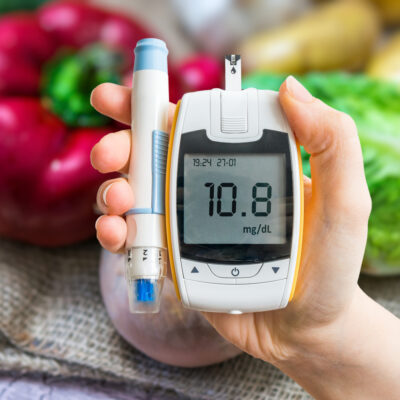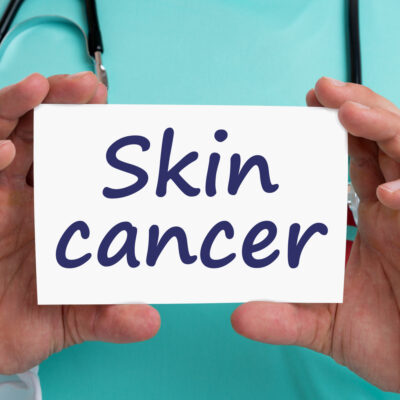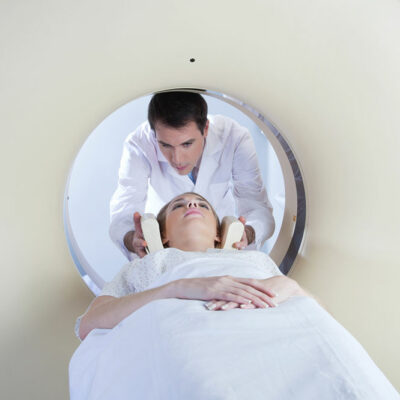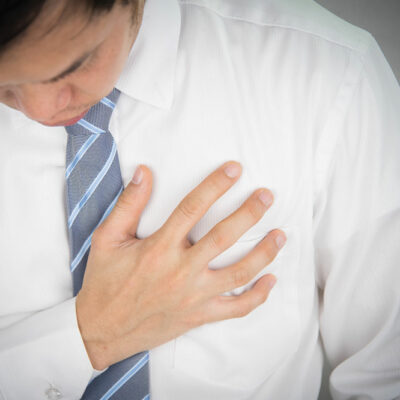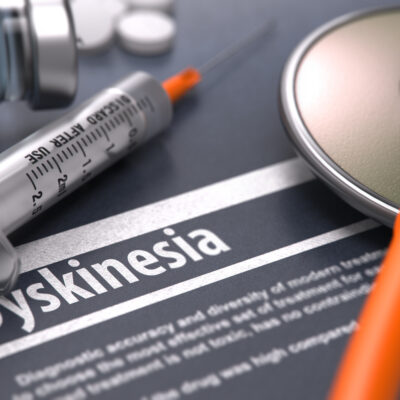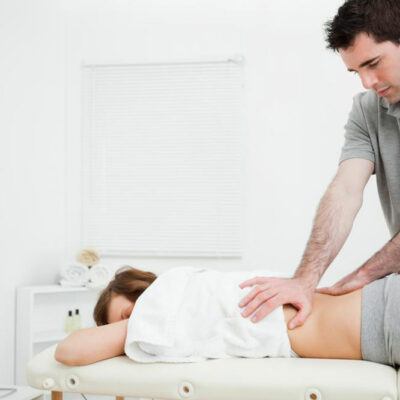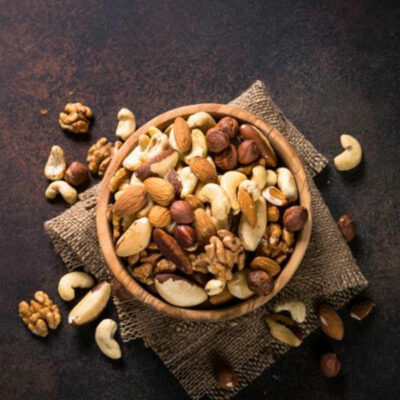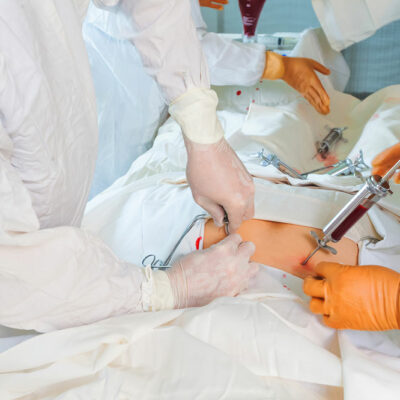
Health
Treatment Methods for The Different Stages Of Multiple Myeloma
The overgrowth of plasma cells in blood by producing abnormal proteins in called myeloma. It is a type of blood cancer where healthy blood cells that fight against infection-causing bacterias are outnumbered and overpowered by cancer cells. Plasma cells or white blood cells play an important role in strengthening our immune system. These cells are produced in the bone marrow and maintain healthy calcium levels in our bodies. Multiple myeloma is a disease that is often diagnosed at later stages as its symptoms are not evident in the early stages. There is no cure for this disease but it can be treated to ease the pain, discomfort, and to control the infection from spreading during survival. The best way to treat a patient during the different stages of multiple myeloma is through proper medication and a healthy diet. Treatment methods for the different stages of multiple myeloma Once a patient is diagnosed with multiple myeloma through symptoms and tests, doctors start their treatment to ease the pain and discomfort and to avoid complications caused by the disease. Some of the common treatment methods for the different stages of multiple myeloma are: Targeted therapy Medications such as ixazomib (Ninlaro), carfilzomib (Kyprolis), and bortezomib (Velcade) are given to patients orally or through an intravenous (IV) to target cancer cells and destroy them.
Read More 